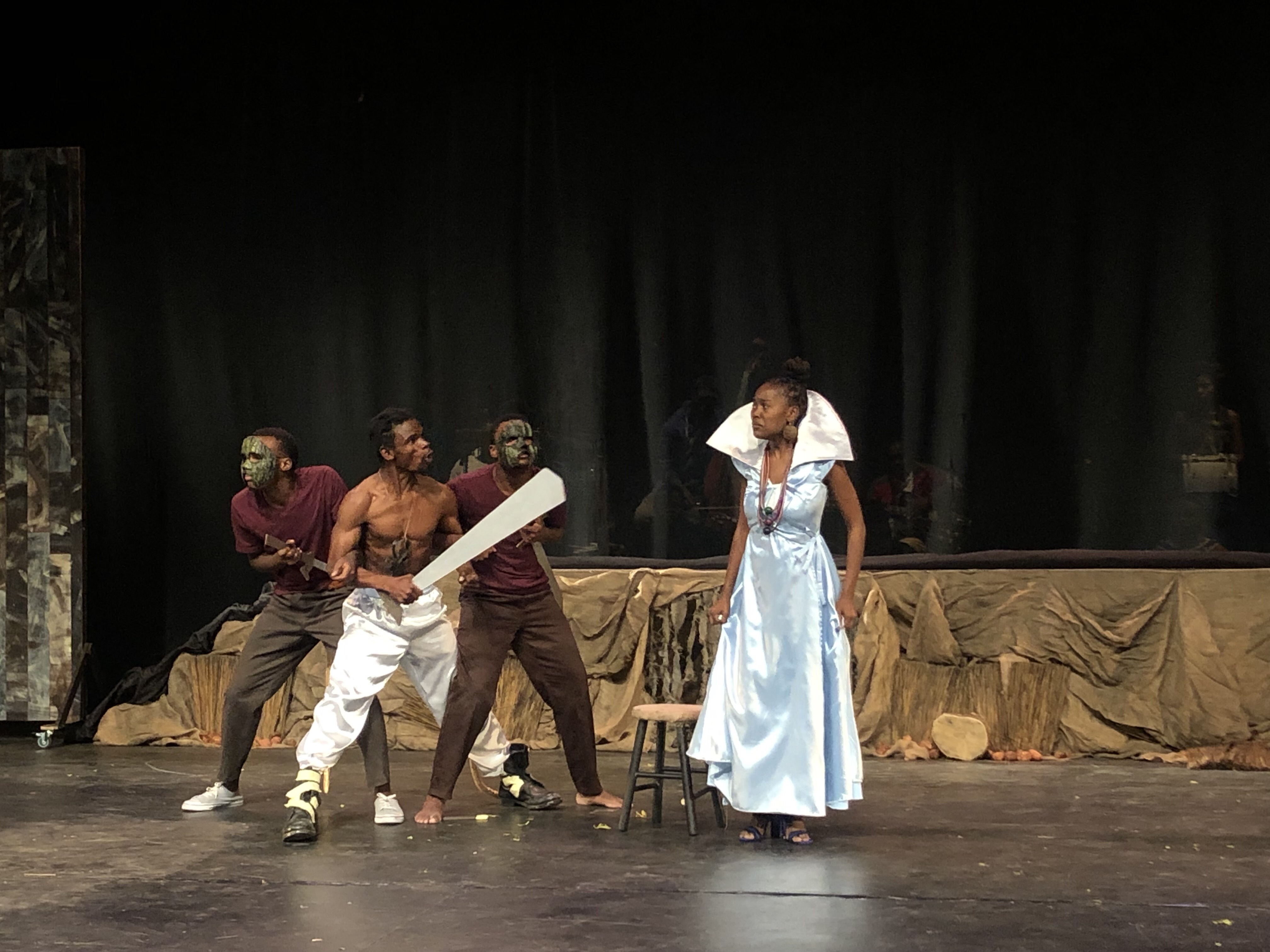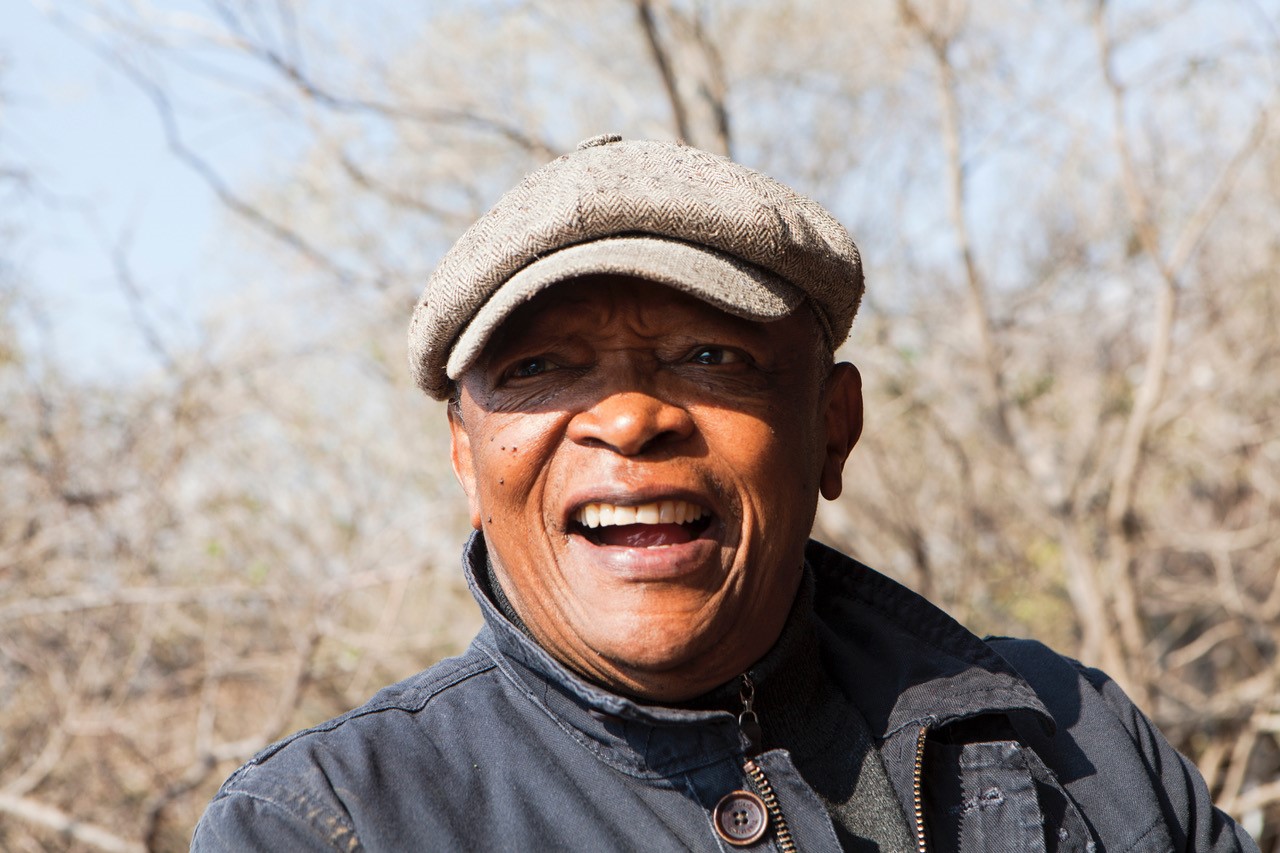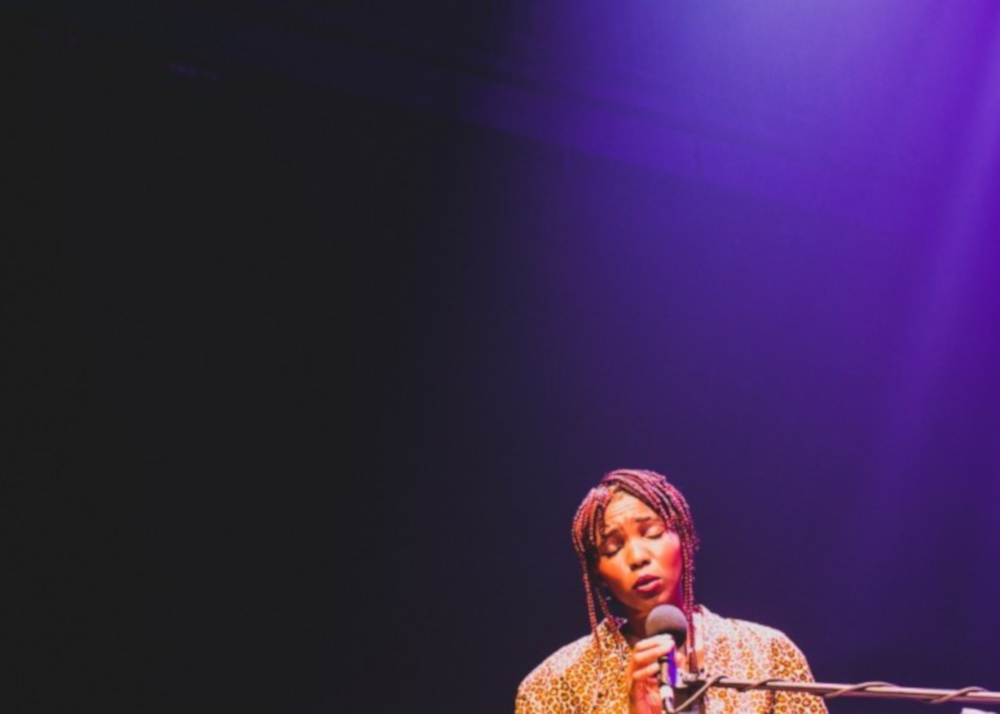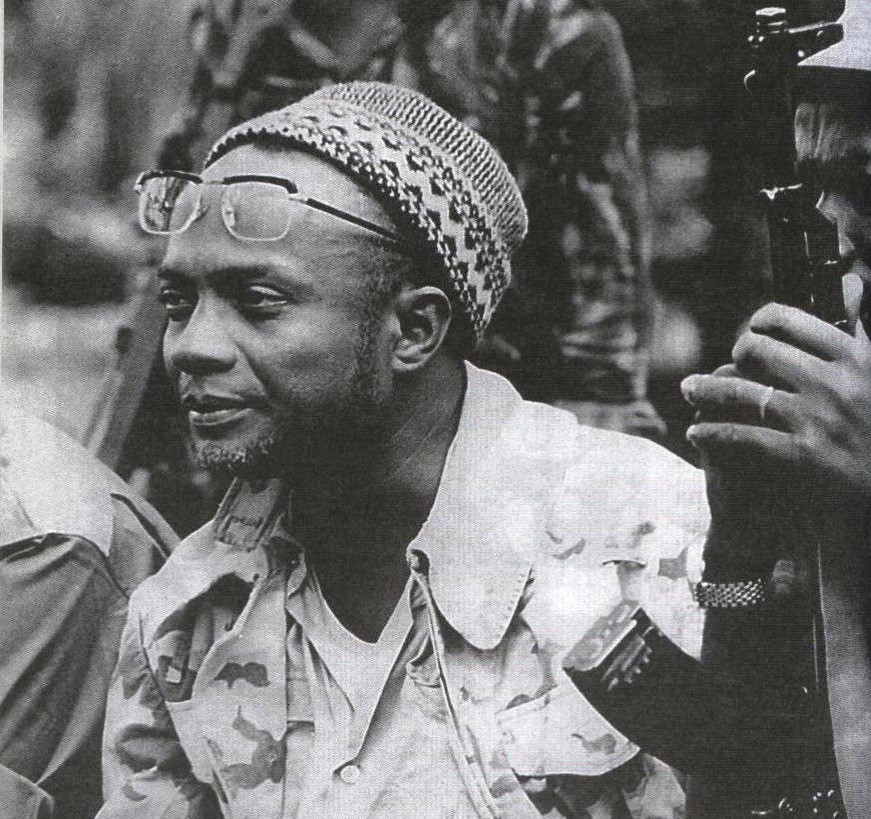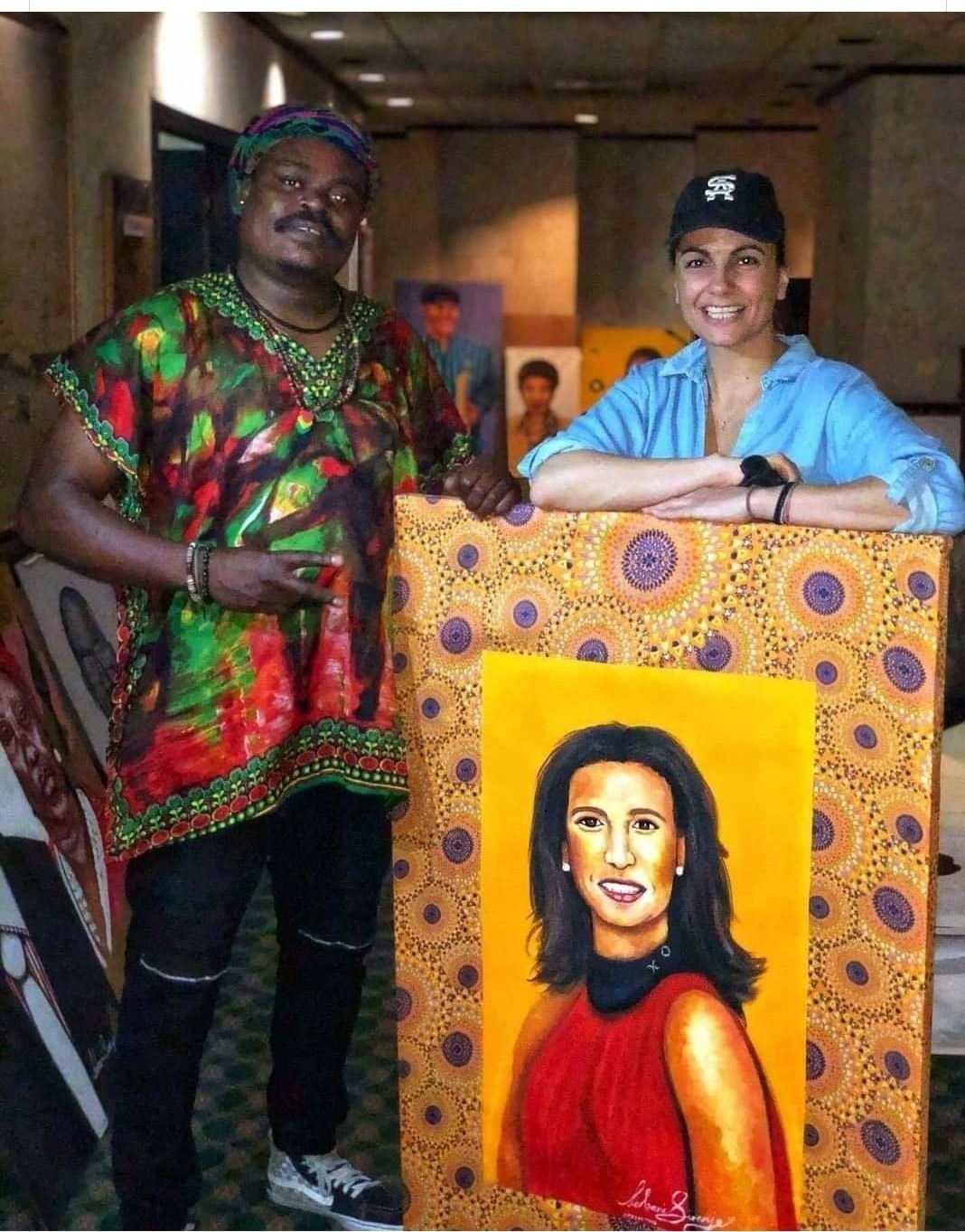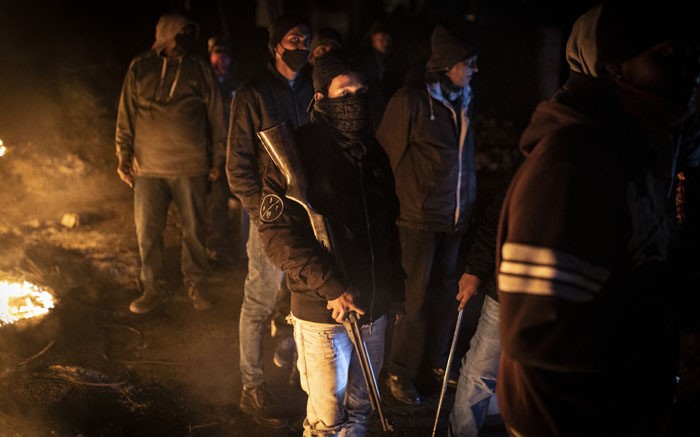Written by Credo Vusamazulu Mutwa, uNosilimela tells the story of the travails of the daughter of Magadlemzini, king of AmaQhashi and the Goddess Kimamireva. uNosilimela transcends space and time, depicting the valleys of Phondoland, perilous Johannesburg and the depths of outer space.
Directed by the formidable combination that is Prince Lamla and Kgafela oa Magogodi in their second collaboration at the Wits Theatre, the piece is expected to deliver audiences into realms of thinking seldom found in today’s theatre making.
The production presents sharply, the meeting of revelation and revolution. In uNosilimela we inherit a tempestuous musical journey and the attendant physical storytelling idioms which rain from our ancients. Afro-surrealists will call this an act of making the invisible, visible.
In 1971 Vusamazulu Credo Mutwa introduced the people of Soweto to uNosilimela. The play was first performed on a stoep, outside Mutwa’s Diepskloof house. Mutwa turned had his matchbox house into a theatre on Saturdays. The children's room was cleared for actors and props. Before it made it to places like Uncle Tom’s Hall and the Wits Box Theatre, the play was staged under the light of the sun to audiences who sang along with the music as if the story is spilling into the street.
Audiences reveled in the awe-inspiring music, the highly charged dances, majestic costume and poignant prose. This was not mere entertainment but an act of defiance. The Witchcraft Suppression Act of 1957 which was re-ignited in 1970, falsely defined and criminalised African spirituality.
“Mutwa’s work teaches us that through art, we can remember these parts of our selves dismembered by the vagaries of colonialism. His teachings propel us to vibrate highly and wake the ancients who walk with us,” Magogodi says.
A return to the source for Mutwa also meant experimenting with the wealth of African orature which birthed African forms of theatre. Mutwa agrees with H.I.E. Dhlomo, who in the 1930s had explained that “the origin of African drama was a combination of religious or magical ritual, rhythmic dances and song … The ceremonies were psychological and imaginative: psychological because they show us the thoughts and desires of people; imaginative because the people pictured what would or should happen”.
Writing in 1974 Vincent Kunene observes correctly that Nosilimela “is forever asking a question… about who she is.” For Mango Tshabangu “the play had dug through the dross into the gold that Black Afrika is…”
“For us, uNosilimela is a mouth-watering script,” Lamla says.
“The challenge of portraying the array of colourful characters which Mutwa created is most compelling. Reading the story four-an- a-half decades later, we are drawn by the experiment of dramatizing the gods and the mystical realms in which they dwell; nurses and Christians who visit fake Sangomas like Ngxowebokhwe when they think no one is looking; dubious political types like Mr Makudula who survive on parasitic lifestyles.”
Magogodi adds:
“When breaking down the script with the actors in the rehearsal room it became apparent that in this story Mutwa’s asks us to introspect deeply. Several questions are raised; how can we (de)construct Africa’s lost, unknown and/or stolen theory into stories and; how do we perform our true authentic selves through history and still find hope?”
The vision of uNosilimela is enunciated by a gallant, inventive and amazingly talented team of actors. Sibusiso Mkhize’s musical direction bends genres and anchors the production. Moeketsi Kgotle’s choreography stretches the imagination and expands the stage. The space and guises inhabited by characters were designed by a skillful design team led by Jessica Foli.
The directors concluded:
“We appreciate the partnership and friendship of Wits Theatre staff, and The Wits School of Arts for creating conditions under which making such monumental works is possible. This is our contribution to the project of decolonising curricula. Special thanks to the Credo Mutwa Foundation for permitting us to carry the weighty task of re-making uNosilimela!
Camagu!”
*Unosilimela runs at the Wits Main Theatre on 22-25 May at 19:30. 25 May 14:00 & 19:30 and 26 May 14:00.

